An interview with Professor Paul Cartledge, A.G. Leventis Senior Research Fellow, Clare College. Emeritus A.G. Leventis Professor of Greek Culture, Cambridge.
Paul Cartledge is the longest serving member of British Committee for the Reunification of the Parthenon Marbles (BCRPM), and is a Vice Chair of both BCRPM and the International Association for Reunification of the Parthenon Sculptures (IARPS).
In this interview by Russell Darnley of the International Organising Committee – Australia for the Restitution of the Parthenon Marbles (IOC-A-RPM) Paul critiques the arguments advanced by the British Museum (BM) in its attempt to justify retention of the Parthenon Marbles. To watch Episode 2 (with two parts) on the Parthenon Channel, follow the link for Part 1 and Part 2.
The present display in Room 18, where the Parthenon Marbles are kept is so poor that it undercuts any benefit that might accrue to the Museum by their holding, and displaying them.
There is such a ton of other terrifically good 5th-century BCE artefacts in the BM to illustrate more than adequately our (Western) heritage/legacy from 5th century BCE Athens/Greece that the BM doesn't need the Parthenon Sculptures to do that job as well (not to mention that, were the BM to release their prisoners, the Greek Government would compensate it mightily in the form of superb, hitherto unexported artefacts for temporary loan and display in Room 18).
Russell Darnley of the International Organising Committee – Australia for the Restitution of the Parthenon Marbles (IOC-A-RPM) in conversation with Professor Paul Cartledge, Vice-Chair of BCRPM.

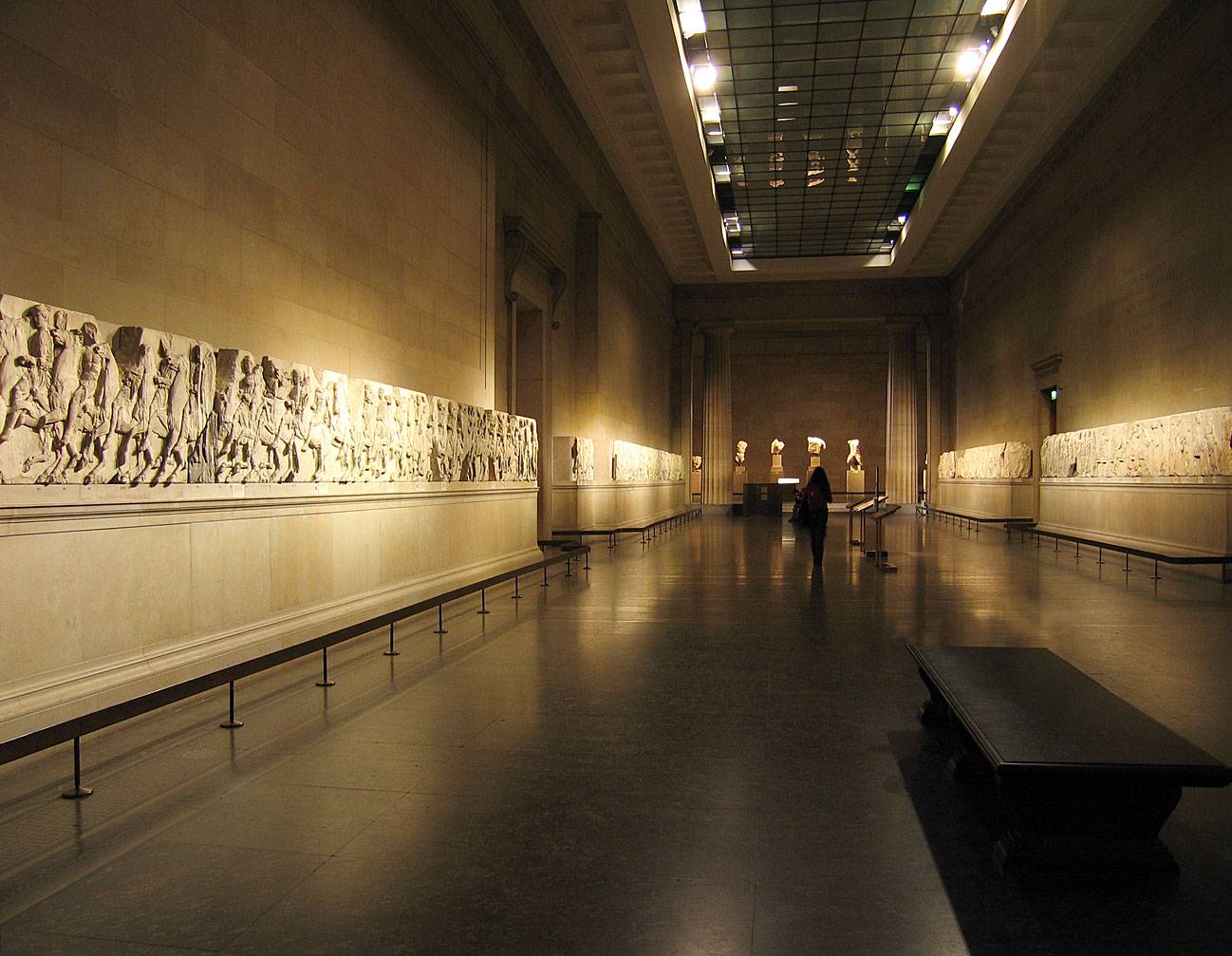
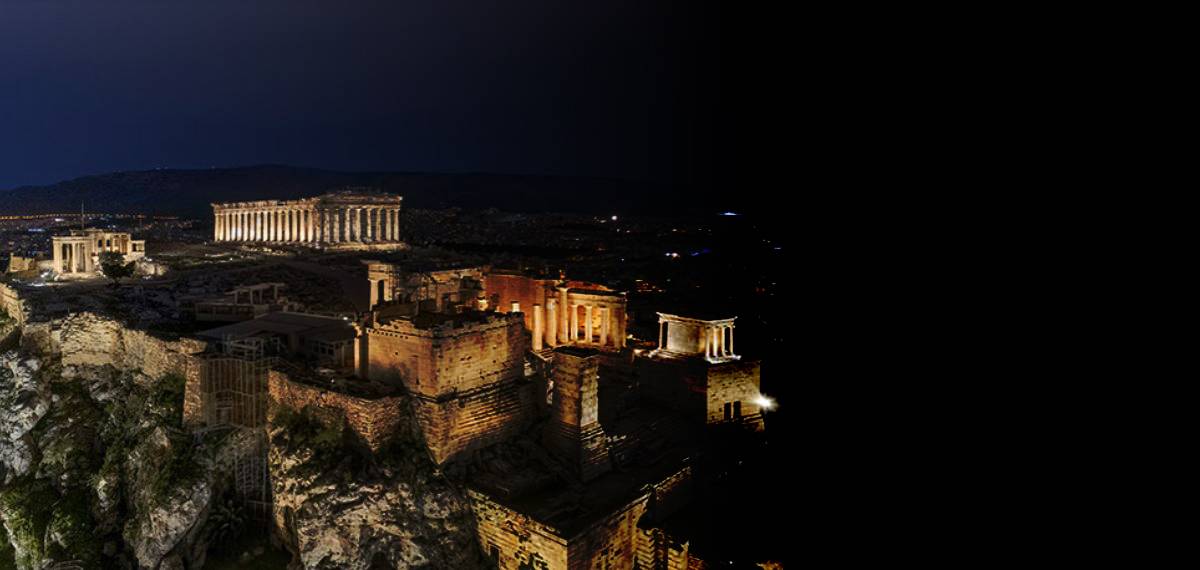
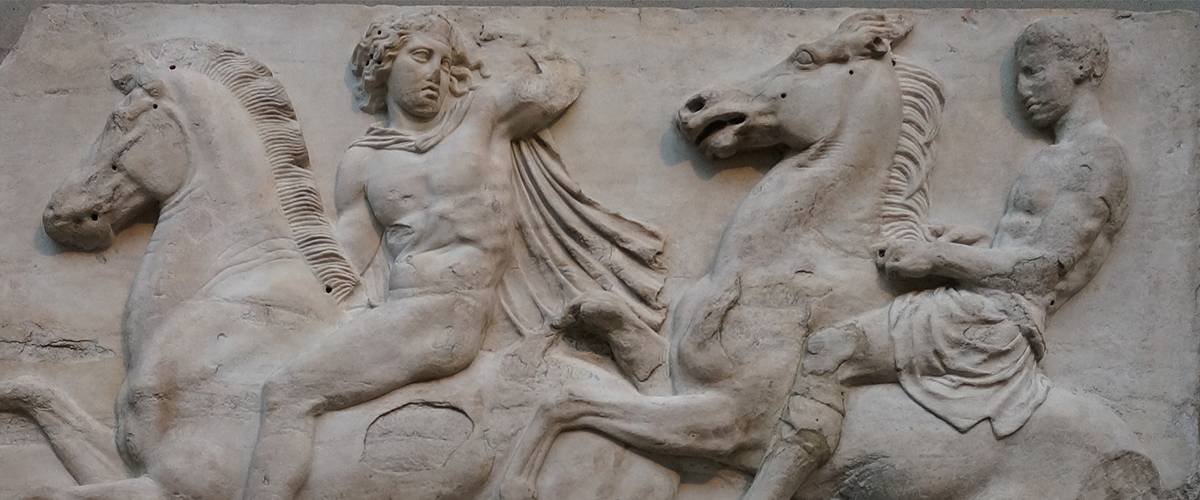
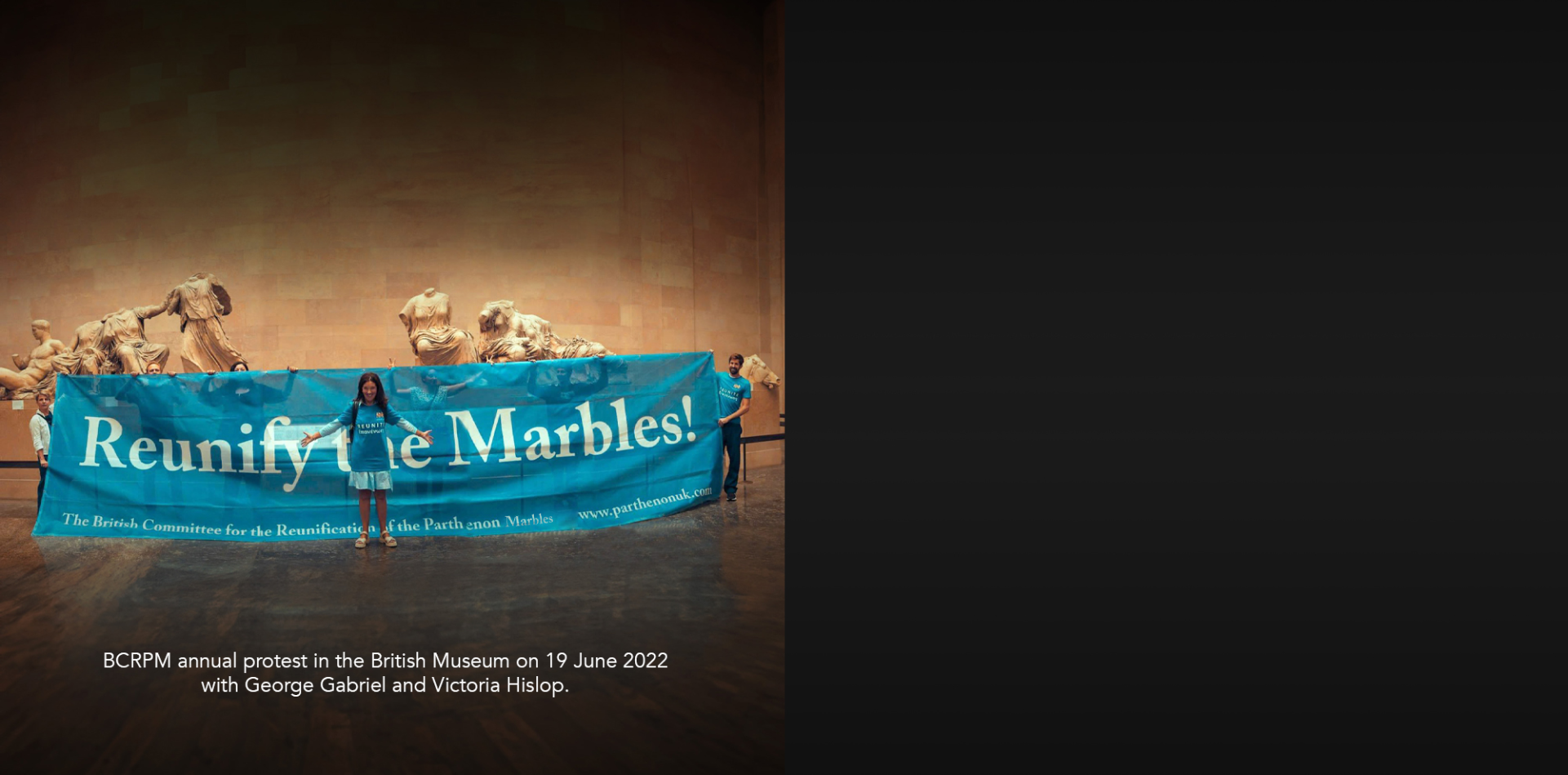
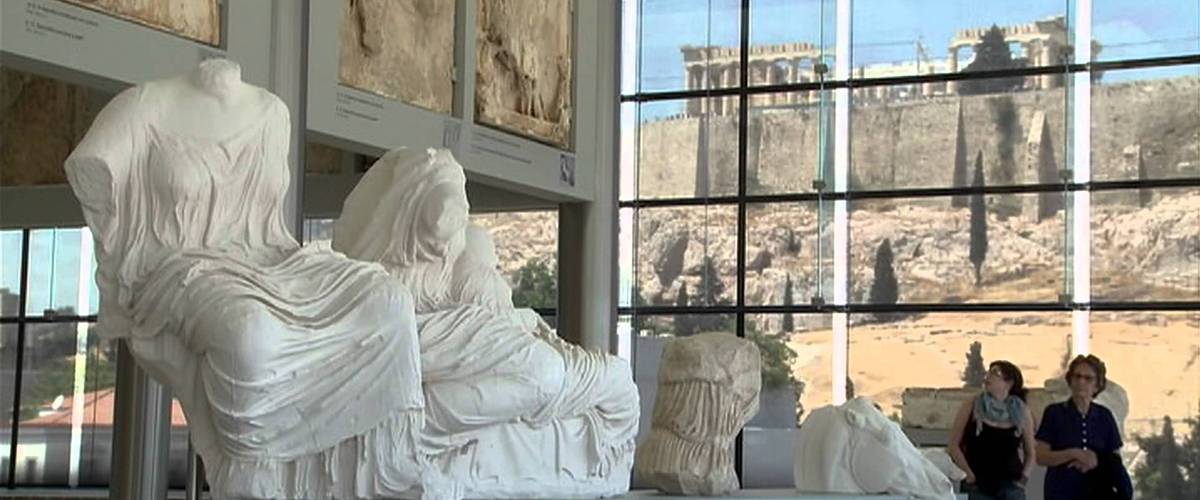
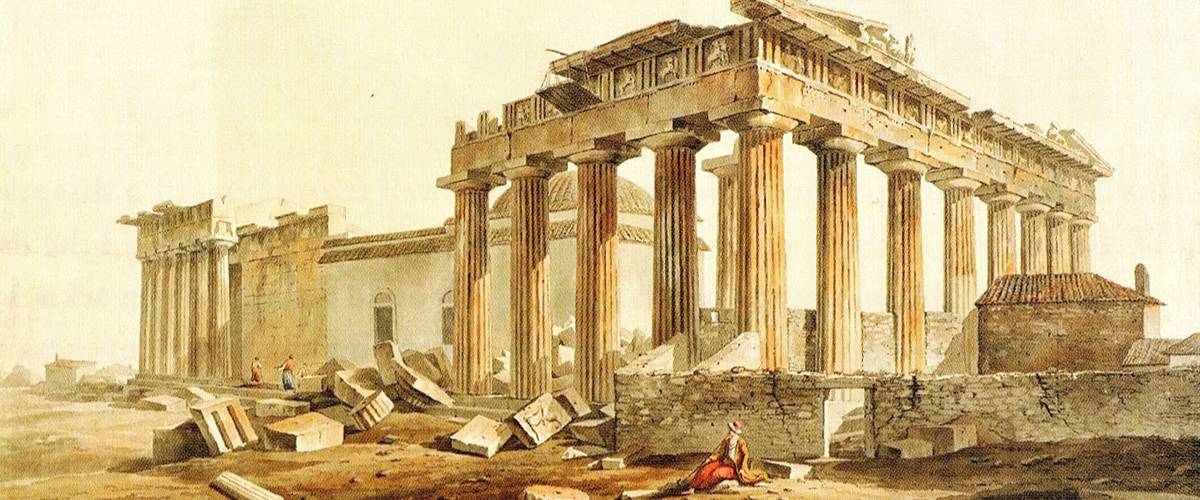
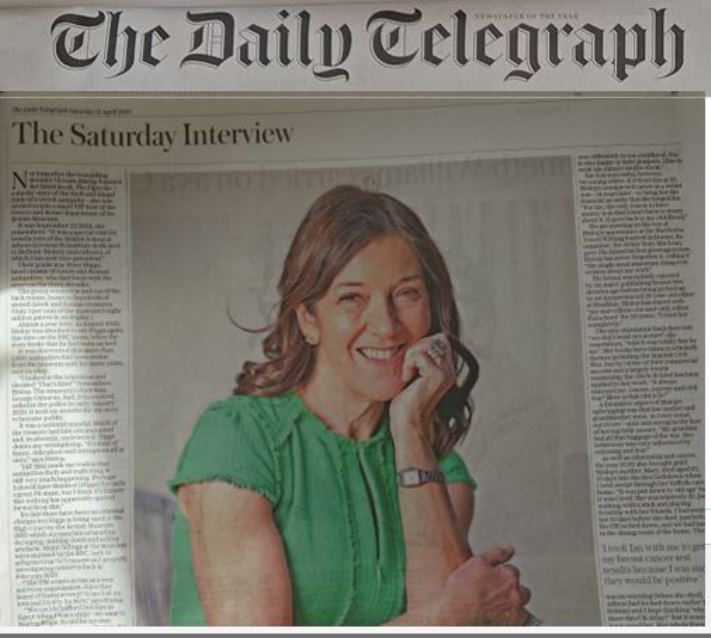

Comments powered by CComment